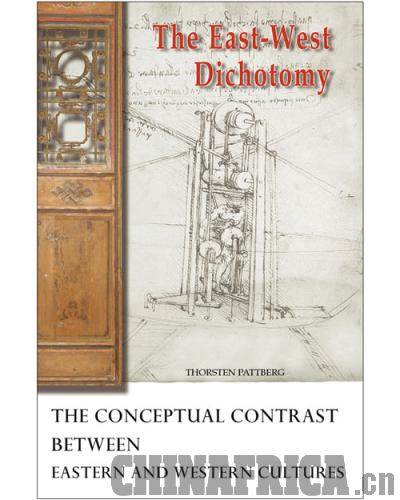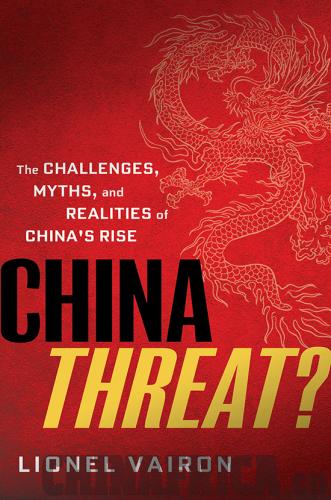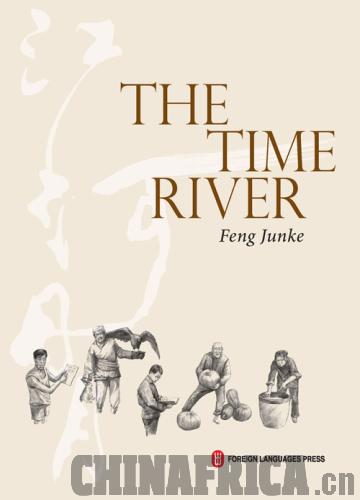| 
East-West Dichotomy: The Conceptual Contrast Between Eastern and Western Cultures
By Thorsten Pattberg
Foreign Languages Press
The East-West Dichotomy is the view of history in which East and West, the protagonist and its antagonist, manifested in the two great cultural systems and take turns dominating world affairs: "The East is more inductive while the West is more deductive. Together they strive for equilibrium." The book, authored by Thorsten Pattberg, a scholar at the Institute for Advanced Humanistic Studies at Peking University and expert in comparative studies, deals with cultural differences and how those differences play out, crash or harmonize, in such diverse fields as ideology, politics, philosophy, religion, psychology, language, gender, strategic thinking, and even attitudes toward life and nature. It is for those who want to explore the profound cultural differences between East and West.

China Threat?
By Lionel Vairon
From the long-term threat of nuclear war between the United States and China, to the disappearance of the African elephant due to Chinese demand for ivory, each week brings a new round of critique and denunciation of the risks China poses to the stability of the entire planet. While critics raise a certain number of fundamental questions that bear asking about this nascent superpower, the answers put forth are usually based on ideological or economic considerations. Lionel Vairon systematically challenges these views in this updated edition of China Threat? With an incisive review of China's economic strategy, deployment of resources, national defense, political reform, ethnicity and religion, terrorism and developments in human rights, Vairon amply demonstrates that China poses no threat to the world. On the contrary, he shows that China's peaceful rise should be a matter of positive news across the globe. The book has been published in both English and Chinese.

The Time River
By Feng Junke
Foreign Languages Press
A collection of succinct sketches of the native soil and a nostalgic symphony of emotional attachment, The Time River reintroduces the beauty of China's villages, once considered backward, ignorant and rude. In the calm yet powerful narratives, the small villages of central China, along with their inhabitants' simple stories, radiate a vigorous sheen of life and etch themselves into people's memory as treasures to cherish.
|